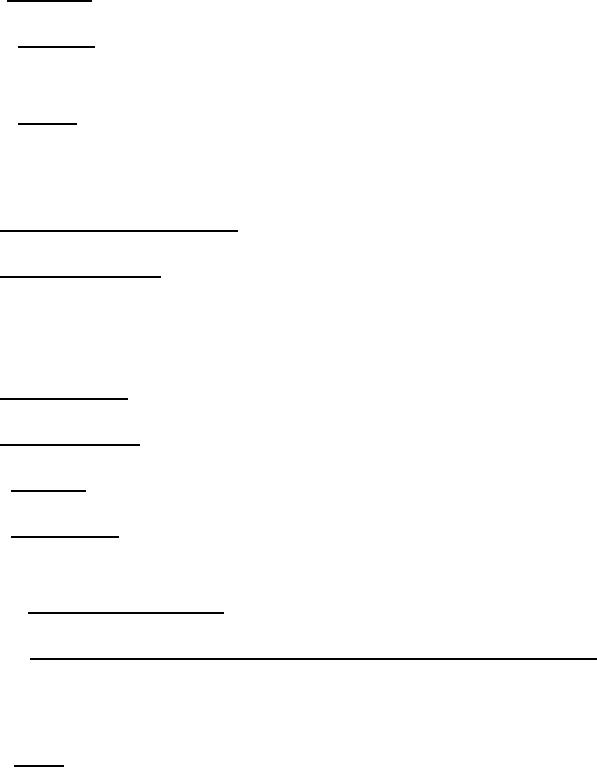 |
|||
|
|
|||
| ||||||||||
|
|  MIL-C-18312F
3.23 Workmanship. Capacitors shall be processed in such a manner as to be uniform in quality and shall be free
from pits, corrosion, cracks, rough edges, and other defects that will affect life, serviceability, or appearance.
3.23.1 Connections. The electrical connections of capacitors shall not depend on wires, lugs, terminals, or other
connectors clamped between a metallic member and an insulating material. Where the maintenance of a tight
connection depends on the resistance of an insulating material to compressive or shearing stress, such connection
shall be securely soldered or welded.
3.22.2 Soldering. Where soldering is employed, only fluxes with low corrosive properties shall be used, unless it
can be shown that corrosive elements have been satisfactorily removed after soldering. All excess flux and solder
shall be removed. Solder shall not be used primarily for obtaining mechanical strength. Electrical connections shall
be electrically continuous after soldering and, where possible, mechanically secure before soldering.
4. VERIFICATION
4.1 Test equipment and inspection facilities. The supplier shall establish and maintain a calibration system in
accordance with ANSI/NCSL Z540-1, ISO10012-1, or equivalent, as approved by the qualifying activity.
4.2 Classification of inspection. The inspection requirements specified herein are classified as follows:
a. Qualification inspection (see 4.4).
b. Verification of qualification (see 4.5).
c. Conformance inspection (see 4.6).
4.3 Inspection conditions. Unless otherwise specified herein, all inspection shall be performed in accordance with
the test conditions specified in the "GENERAL REQUIREMENTS" of MIL-STD-202.
4.4 Qualification inspection. Qualification inspection shall be performed at a laboratory acceptable to the
qualifying activity (see 6.3) on sample units produced with equipment and procedures normally used in production.
4.4.1 Sample size. The number of capacitors to be subjected to qualification inspection shall be as specified in
the appendix to this specification.
4.4.2 Inspection routine. The sample shall be subjected to the inspections specified in table V, in the order
shown. Two sample units shall be subjected to visual and mechanical examination and workmanship (internal and
external). The remaining capacitors shall be subjected to the remainder of group I inspection. The sample units
shall then be divided as shown in table VI and subjected to the inspection for their particular group.
4.4.2.1 Impregnant or filling compound. The sample of impregnant or filling compound (see 20.3) shall be
subjected to the flashpoint of impregnant inspection specified in table V.
4.4.2.2 Capacitors with alternate terminals, insulating sleeve, case materials, and applied finish. Sample
capacitors shall be subjected to the examinations and tests of groups I, II, III, and IV specified in table V in the order
shown. After completion of the group I tests, the specimens shall be divided into groups as shown in table V and
subjected to the tests specified in groups II, III, and IV. No defectives will be allowed in group I and one defective will
be allowed for each of groups II, III, and IV; however, only a combined total of one failure is allowed for group II and
group III.
4.4.3 Failures. Failures in excess of those allowed in table V shall be cause for refusal to grant qualification
approval.
8
|
|
Privacy Statement - Press Release - Copyright Information. - Contact Us |